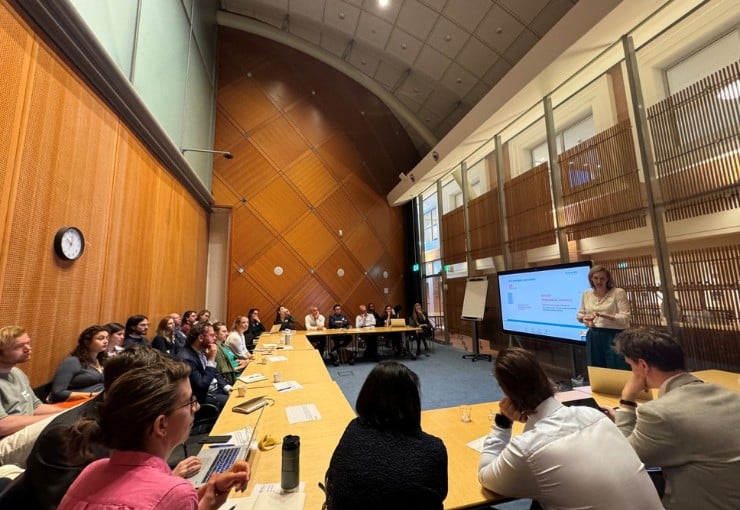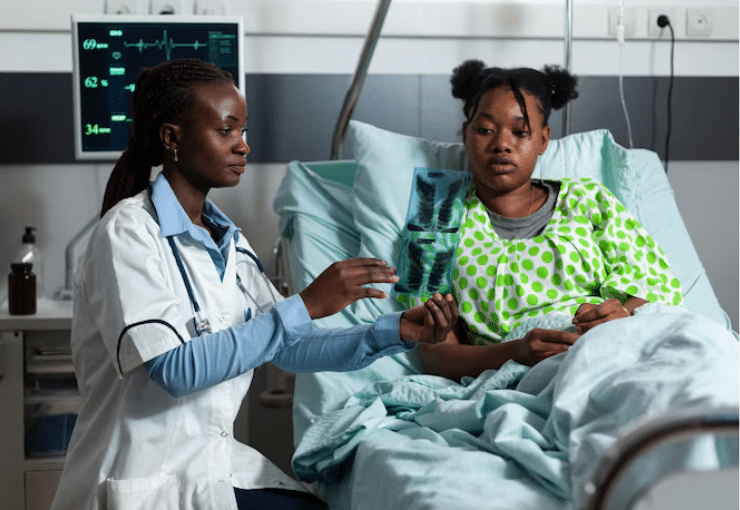At the beginning of this month, members of the Dutch Parliaments’ committee on Health, Welfare and Sport had a debate on medicines policy in The Netherlands. Subsequent to this debate, multiple motions have been submitted on which a voting session will take place today in The Hague. Prior to today’s voting round, Wemos wrote a voting advisory piece addressing the members of the committee, holding them accountable for their needed commitment towards these important issues.
During the debate, various topics were discussed on which Wemos has been working extensively, including socially responsible licencing (SRLs) and supplementary protection certificates (SPCs). Wemos believes that both topics are of great significance to the affordability and accessibility of medicines.
More requirements for supplementary protections certificates
At this moment in The Netherlands, the regular patent period for medicines is twenty years. However, supplementary protection certificates grant pharmaceutical companies the possibility to extend this length and thus to prolong their monopoly position on the market. Via this mechanism, competition of other companies is postponed, negotiation is ruled out and the price attached to the medicine can be decided and kept high by only one pharmaceutical company.
Since multiple research groups have published their concerns regarding this issue and proposed additional protection mechanisms for the market of medicines – with one of them being the Technopolis Group – Wemos has been advocating to elevate the requirements under which supplementary protection certificates can be granted to pharmaceutical companies.
In a joint letter with other civil society organisations, Wemos states how SPCs should be issued only when pharmaceutical companies can publicly show that they haven’t earned back their Research & Development (R&D) costs during the regular patent period. Last week, Pia Dijkstra (D66) and Corinne Ellemeet (GroenLinks) submitted their motion which supports Wemos’ arguments and reforms the requirements attached to SPCs according to our vision.
Need for better agreements on socially responsible licensing
Earlier this year, the Dutch Federation of Academic Medical Centres (NFU) together with ZonMW published a report on the ten principles that academic medical centres/universities should adhere to when transferring knowledge with pharmaceutical companies. Agreements should be, they argue, ‘socially responsible’ and serve the interest of the public.
Wemos believes this report puts the Netherlands on the right track with regards to the terms and conditions attached to research financed with public money. Minister Bruins (Minister of Medical Care) considers SPCs more effective if implemented on an international scale.
Wemos supports this idea and therefore encourages Minister Bruins to put his belief into practice by distributing it on an international scale. Unfortunately, the report of NFU and ZonMw provides no information on how universities should deal with parties that do not follow these principles. Moreover, it is unclear how universities themselves can be held accountable for following these principles and what the consequences would be when they fail to do so. In other words, how binding are these principles? Wemos applauds the fact that Ms Dijkstra (D66) and Ms Ellemeet (GroenLinks) share our concerns on this matter and raised these issues in their submitted motions.
Unique opportunity to improve affordability and accessibility of medicines
Today’s voting round provides Dutch Members of Parliament with a unique opportunity to strengthen and advance medicines policy in the Netherlands. By attaching requirements when granting SPCs and bringing the concept of SRL to the table in Brussels and thus making it part of the European discourse, the Netherlands can play a leading role in ensuring a future of improved accessibility and affordability of medicines.
Wemos’ voting advice (in Dutch)




